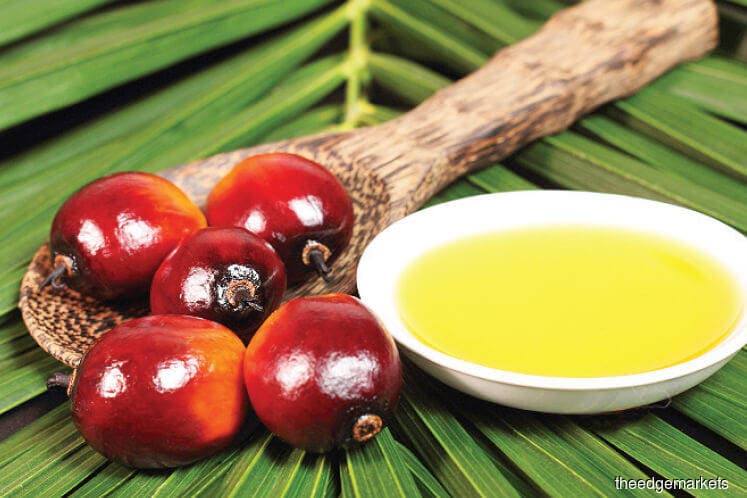
This article first appeared in The Edge Financial Daily on November 14, 2019
KUALA LUMPUR: The resurgent palm oil sector is a major obstacle to growth in global soybean oil trade, said the US Department of Agriculture (USDA).
The USDA’s report, entitled “A Deeper Look Into the USDA Crop Baseline Projections to 2028”, said that “production of palm oil (the world’s top traded oil) in Southeast Asia could continue to expand due to a rising trend in yield”.
Since 2016, palm oil production in Malaysia and Indonesia has recovered, thanks to the resumption of rainfall and replanting programme, which the Malaysian government subsidises to replace many old trees that are less productive and more difficult to harvest.
“When old trees are replanted, it then takes up to three years for their replacements to start producing fruit bunches. That non-productive period for immature trees has now largely lapsed, so yields are benefitting from maturation of the more recently planted trees,” the USDA said.
It also said that the price discount of palm oil relative to soybean oil is currently widening. Low-income consumers in both of these markets are most attracted to the least expensive edible oil.
Although India has raised import tariffs on all vegetable oils, both Malaysia and Indonesia have countered with reductions in export taxes on palm oil, which is assumed to continue throughout the report’s projection period.
The USDA also pointed out that demand from the European Union (EU) for vegetable oil consumption for edible uses will be curbed by a pullback in support for biofuels.
“The EU has capped the use of food-based oil for blending in biofuels at 7% for 2021-2030 under a high-risk Indirect Land Use Change (ILUC) provision (GAIN, 2019c).
“The ILUC provision applies to palm oil, with sustainability requirements such as being produced on unused or abandoned land or cultivation by small holders. This could subtract about 3.5 million tonnes from the EU palm oil demand, leaving even more supplies to compete worldwide with soybean oil and other vegetable oils,” the USDA said.
“Heightened competition for the remaining markets could further squeeze the demand for US soybean oil exports,” the USDA added.